What do you consider when thinking about ways to positively contribute to your overall health? Diet? Exercise? Meditation? All of those are fantastic ways to benefit your health. But, have you ever thought about how your oral health affects the rest of your body? Your mouth is the gateway to the rest of your body. In addition, the health of your mouth can indicate the health of your other organ systems, including your heart.
There has long been a debate about the topic of poor oral health and heart disease. Even the American Heart Association weighed in on the discussion back in 2012. Given the evidence, they stated that poor oral health is not the cause of heart disease. They also concluded that treating gum disease doesn’t directly reduce the risk of heart disease. While poor oral hygiene is not a direct cause of heart disease, some studies have shown connections between heart health and oral health.

How Are They Connected?
Gum disease is an infection of the gums or soft tissues that house your teeth. It starts as an overgrowth of bacteria that can advance to tooth loss or bone deterioration. The first stage of gum disease begins with gingivitis—inflammation of the gums. Signs of gingivitis include red, swollen, or irritated gums. Additionally, you will see mild bleeding when brushing or flossing. Without treatment, gingivitis can advance to periodontitis—advanced gum disease.
One of the leading causes of gum disease is a buildup of plaque on the teeth. Plaque is a sticky bacteria that clings to your teeth. If you don’t brush or floss your teeth properly, the plaque will stay on your teeth and release an acid. This acid will break down and destroy the protective enamel on your teeth. In addition, the plaque will continue to build, irritating your gums. While the plaque builds, the gums will begin to recede, creating more room for plaque to build.
Plaque is one of the critical connections between oral health and heart health. The plaque that builds on your teeth is the same kind of plaque that can develop in your arteries. When plaque builds in your arteries, your heart has to work harder in order to pump blood, causing strain. As a result, there is an association between gum disease and an increased risk of heart disease. Additionally, the bacteria in plaque can move to other parts of the body through the bloodstream. This can increase your risk of a bacterial infection.
Prevention
There are correlations between oral health and heart health. A good way to take care of your heart is to take care of your teeth. It may not eliminate the risk of developing heart disease, but it can help avoid many other issues. A thorough oral health routine is necessary to keep your body healthy. You should brush your teeth at least twice a day or after meals. In addition, you need to floss daily. Brushing alone isn’t enough to remove plaque, which is why you must floss.
